When You Go Fishing You Donate to Conservation every time you go fishing, you back conservation. Learn how your hobby makes a difference and see how you can help protect nature.
When You Go Fishing You Donate to Conservation
Fishing is often seen as a leisurely pastime, a chance to relax by the water and connect with nature. However, it’s not just about the thrill of the catch; it’s also an opportunity to make a positive impact on the environment.
When You Go Fishing You Donate to Conservation in this article will delve into how your fishing activities support vital environmental initiatives, ensuring that our waterways remain vibrant and healthy for generations to come.
Note: Products links below will take you to Amazon!
Understanding the Connection Between Fishing and Conservation
At first glance, the relationship between fishing and conservation might not seem obvious. After all, isn’t fishing about catching fish? Yes, but that’s just part of the story. Many fisheries and conservation organizations rely on fishermen to help fund their efforts in preserving aquatic ecosystems. When you buy a fishing license or a permit, a portion of that fee often goes directly to conservation programs. This funding supports everything from habitat restoration to fish stocking and educational outreach aimed at promoting sustainable practices among anglers.
Additionally, many regions implement “stamp” fees or special licenses for particular types of fishing, such as saltwater fishing. These fees are earmarked specifically for conservation efforts. So, every time you head out on the water, you are contributing to preserving fish populations and protecting habitats, even if you don’t realize it at the time. This leads to healthier ecosystems where both wildlife and humans can thrive.
The Economic Impact of Recreational Fishing
Recreational fishing is not only a favorite pastime for millions but also a significant economic driver. According to the American Sportfishing Association, recreational fishing generates billions of dollars annually and supports thousands of jobs in the economy. This economic activity creates a solid argument for conservation funding. As the industry grows, so does the need to maintain healthy fish populations and aquatic environments.
By participating in fishing, you’re part of a larger community that advocates for conservation. Local businesses, such as bait shops, restaurants, and lodges, benefit from healthy fishing populations. These businesses often join forces with conservation groups to ensure that local waterways remain productive, clean, and inviting for future anglers. Thus, each fishing trip contributes not just to personal enjoyment, but also to a thriving local economy and robust conservation efforts.
The Role of Anglers in Conservation Efforts

Anglers over the years have recognized the importance of sustainable fishing practices. Many have taken on active roles in conservation efforts, engaging in activities such as catch-and-release fishing, participating in fish habitat restoration projects, or even volunteering for organizations dedicated to marine life preservation. This hands-on involvement within the community highlights just how passionate fishermen are about protecting our natural resources.
Organizations like Trout Unlimited and the Coastal Conservation Association focus on mobilizing anglers to contribute their time and resources toward conservation projects. Whether through organized clean-up events, educational seminars, or wildlife surveys, these initiatives foster a strong sense of stewardship among those who enjoy fishing. The message is clear: when you fish responsibly, you actively participate in protecting the environment. This bond between anglers and nature encourages future generations to appreciate and care for our waterways.
Things To Help Fishing Conservation Efforts
Follow Us On YouTube!Fishing conservation is a pressing concern as our oceans and freshwater ecosystems face threats from overfishing, pollution, and climate change. Engaging in conservation efforts not only helps protect fish populations but also ensures the health of aquatic ecosystems for future generations. Here are some effective things to help fishing conservation efforts that you can incorporate into your routine.
5 Things That Could Help Fishing Conservation Efforts
- Choose Sustainable Seafood – One of the most impactful things to help fishing conservation efforts is making informed choices about the seafood you consume. Always look for labels that indicate sustainable sourcing, such as those certified by the Marine Stewardship Council (MSC) or the Aquaculture Stewardship Council (ASC).
- Participate in Local Clean-Up Initiatives – Pollution is a significant threat to aquatic life. Participating in local clean-up events along rivers, lakes, and coastal areas can help mitigate this issue. By removing litter and debris, you contribute to a healthier habitat for fish and other wildlife.
- Advocate for Sustainable Practices – Becoming an advocate for sustainable fishing practices is vital. Support legislation aimed at reducing overfishing and promoting marine protected areas. Educate your friends and family about the importance of responsible fishing practices, such as using barbless hooks or catch-and-release techniques to minimize harm to fish populations.
- Support Conservation Organizations – Consider donating to or volunteering with organizations dedicated to fishing conservation. Groups like The Ocean Conservancy or local fish and wildlife associations work tirelessly to restore fish habitats, conduct research, and promote sustainable fishing policies.
- Sharing this post helps spread awareness about fishing conservation – When more people learn about protecting fish and their habitats, change happens faster. It only takes a second to click share and get others interested. Every share can encourage someone to help keep waterways clean and healthy. If you’re passionate about fishing and conservation, let others see that too. So, don’t keep this to yourself—share this post and make a real difference.
By actively participating in these initiatives, we can all play a role in preserving our fish populations and ensuring the sustainability of our precious aquatic resources. Together, we can make a difference!
Ensuring a Sustainable Future for Fishing and Conservation
As we move into an era of growing environmental concerns, sustaining our natural resources becomes increasingly important. Responsible fishing practices can greatly influence the health of our ecosystems. Simple practices—such as adhering to local fishing regulations, using barbless hooks, and minimizing your impact on the environment—can make a significant difference.
Moreover, education plays a crucial role. Learning about the species you are targeting—such as their breeding cycles and habitats—can help you make informed decisions that promote sustainability. Many fishing organizations also provide resources to encourage good practices among anglers. Taking the time to educate yourself on regional fishing regulations and best practices is not only beneficial for conservation but deeply enriches your overall fishing experience.
As an angler, it’s essential to recognize the interconnectedness of our actions. Each fishing trip can help fund conservation programs, support local economies, and protect fragile aquatic ecosystems. In this way, every cast, every catch, and every release helps to weave a safety net around our precious water bodies. Embrace Your Role as a Conservation Advocate.
Fishing Conservation F.A.Q
Fishing conservation FAQs cover common questions about protecting fish and their homes. We have found the most asked questions about Fishing Conservation and have added them below.
Why are Fishing Limits Important?
Fishing limits are important because they help protect fish populations. They ensure there are enough fish to reproduce and grow. Without these limits, overfishing can happen, which reduces fish numbers. This can hurt the entire ecosystem, including other sea life. Limits also help keep fishing sustainable for the future. They give fish time to recover after being caught. By following these rules, fishermen help maintain healthy fish stocks. This benefits both commercial fishing and recreational anglers. Overall, fishing limits help keep oceans balanced and healthy.
Is Using Eco-friendly Fishing Gear Good for Conservation Efforts?
Using eco-friendly fishing gear is good for conservation. It reduces harm to marine life and ecosystems. Traditional fishing gear, like certain nets and lines, can damage habitats or catch unintended species. Eco-friendly gear, such as biodegradable fishing nets or selective hooks, helps prevent overfishing and bycatch. It lowers the risk of fish becoming entangled and drowning. This gear also lasts longer and breaks down faster, reducing pollution in oceans. Overall, switching to eco-friendly fishing tools supports healthier oceans and fish populations.
How Do I Fish Responsibly?
Fish responsibly by following local fishing rules and laws. Always get the right permits. Respect size and bag limits to protect fish populations. Use eco-friendly tackle and avoid damaging habitats. Practice catch and release carefully to avoid injury to fish. Be mindful of the environment; don’t litter or leave fishing gear behind. Fish only in areas allowed for fishing. Respect wildlife and other visitors. Handle fish gently to reduce stress and injuries. Catch fish that are in season and avoid overfished species. Limit your fishing time to give fish populations time to recover. Follow ethical practices and promote conservation efforts.
What are some examples of sustainable fishing practices?
Sustainable fishing practices include catch-and-release methods, using non-intrusive fishing gear, and adhering to local fishing regulations that limit catch sizes and seasons. Supporting fisheries that are certified by organizations like the Marine Stewardship Council (MSC) is also a great way to ensure that you’re choosing sustainably sourced seafood.
How can I tell if the seafood I’m buying is sustainably sourced?
Look for seafood that has eco-labels indicating sustainability certifications, such as the Marine Stewardship Council (MSC) label or the Aquaculture Stewardship Council (ASC) certification. You can also consult guides provided by organizations like Seafood Watch, which offer insights into which seafood choices are environmentally friendly.
What role do Marine Protected Areas (MPAs) play in conservation?
Marine Protected Areas (MPAs) are designated regions of the ocean where human activities are restricted to conserve marine ecosystems and biodiversity. MPAs help replenish fish stocks, protect critical habitats, and promote resilience against climate change, making them essential for long-term fishing sustainability.
How can I get involved in local conservation efforts?
Getting involved in local conservation efforts can be as simple as volunteering for beach clean-ups, participating in community education programs, or joining local conservation organizations. Engaging with your community through workshops and events can also help raise awareness about the importance of fishing conservation.
Thank you for Reading Our When You Go Fishing You Donate to Conservation Post
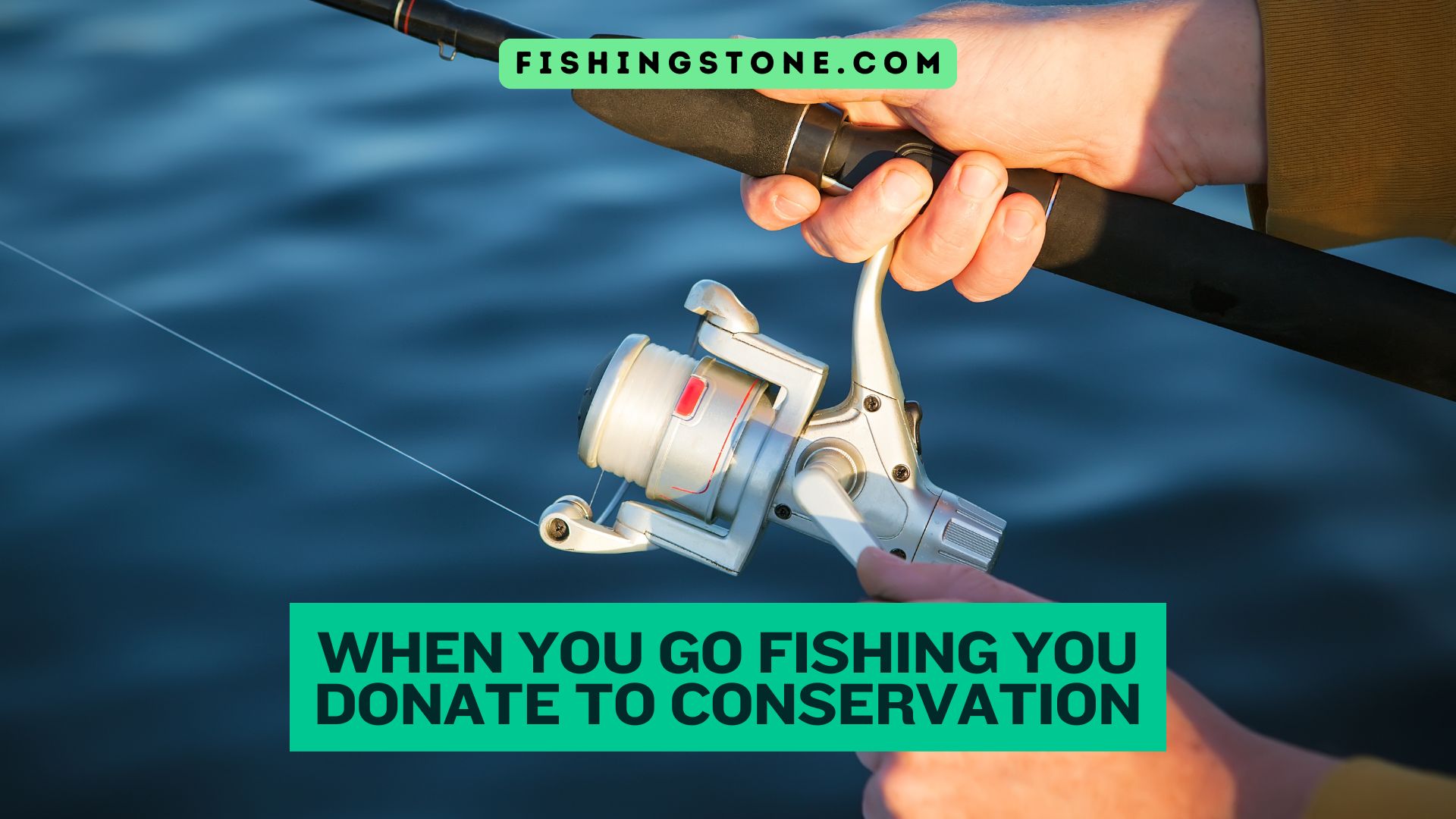
So the next time you pack your tackle box and head out to your favorite fishing spot, remember this: When You Go Fishing You Donate to Conservation. Your passion for fishing extends beyond personal enjoyment; it plays a crucial role in maintaining healthy rivers, lakes, and oceans. Embrace your role as a steward of nature, knowing that your participation in this beloved pastime supports countless conservation efforts worldwide. Together, we can ensure that fishing remains a part of our collective heritage and a sustainable resource for future generations. Let’s continue to cherish our natural world and protect it, one fishing trip at a time.
Happy fishing!
We post on several sites on Socia Media. By joining us on your favorite ones you can get updates on our latest Fishing Posts.
Find us on Facebook – Twitter – Pinterest – YouTube
Check out our post on some cool fishing gadgets that any fisherman would enjoy! Do not forget any of these things that could ruin your next fishing trip here.
Hope you have fun Fishing every day. Fish On!



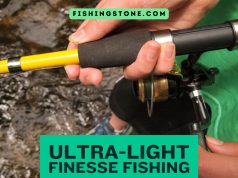
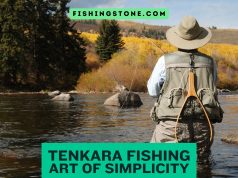
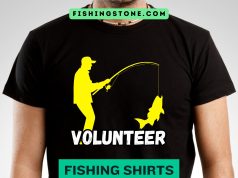
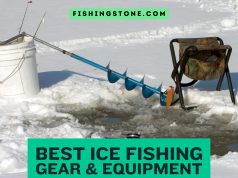
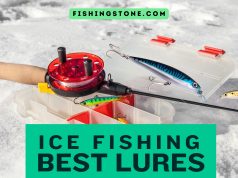


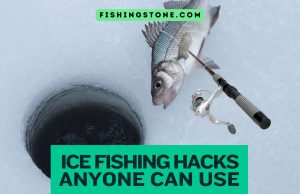
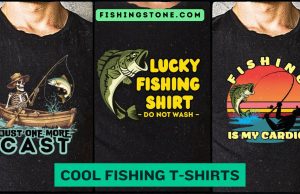
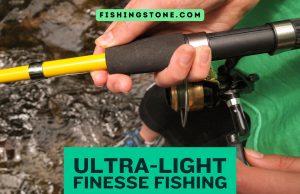
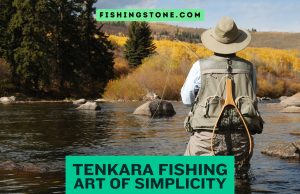

When you go fishing, a part of what you spend helps protect fish and their homes. Many fishing licenses, permits, and equipment fees fund conservation programs. These programs work to restore rivers, fix fish habitats, and keep fish populations strong. Catch-and-release fishing also promotes respect for fish and encourages healthier ecosystems. Your fishing activity can directly support local wildlife and keep fishing spots healthy for future generations. Every fish caught and released reduces impact while still contributing to conservation. Fishery rules often include guidelines that help ensure fish populations stay balanced. By fishing responsibly, you help preserve the environment and the sport you enjoy.